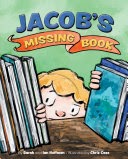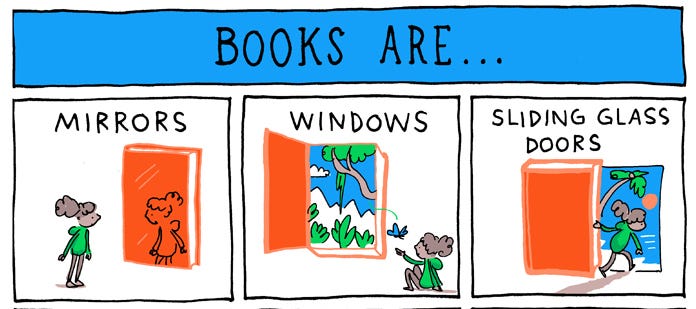
Banning books has subtle irony in the same way attempting to extinguish a fire by fanning the flames makes it burn brighter. Those in power attempt to censor messages or ideologies that go against their teachings and by doing so, make the book and its message increasingly popular. Take for example, 1984 by George Orwell. Despite it being written over 70 years ago, the novel topped Amazon’s best-selling books charts in 2017, shortly after Donald Trump was elected President of the United States (Schwarz, 2017).
While the setting in the book was fictional, its message held a disturbing truth about the society we live in. So, why had it become one of the most widely banned books in North America? Many sources suggest the book was taken off the shelves due to sexually explicit content, but I believe there are more sinister reasons for its removal. According to The Perplexing History of 13 Banned Books in America, a prominent and populated county in Florida argued the book should be banned due to its “pro-communism” messages (McConnell, Peart, & Noss, 2022). Ironically, the concerns from authorities and community members about its political messages are the same concerns the book outlines. Based on Nazi Germany’s totalitarianism, Orwell illustrates the consequences of an over-arching government which maintains hyper-vigilant control over the masses.

In our Reading Instructional Principles and Strategies class, we explored this issue and its effect on the elementary classroom. Written by Ian and Sarah Hoffman, Jacob’s Missing Book tells a story about a young boy looking for his favourite book in the school library (And Tango Makes Three by Justin Richardson), but it is gone. Maybe someone else is reading it? When he goes to ask the librarian where the book has gone, she tells him it has been removed. Jacob’s favourite book relates to LGTBQ+ rights, and he had attempted to find it to show a friend who has two dads.
Mirrors, Windows, and Sliding Glass Doors

Mirrors, Windows, and Sliding Glass Doors is an analogy described by Rudine Sims Bishop to explain the importance of diversity in books. When we find books that reflect our own identity, our society and culture, or allow us to step into other worlds we gain a deeper understanding of one another. Inclusivity in representation in books is so important for young children. Growing up, we often find ourselves looking for ways to fit in or find what defines us. When children are represented in books and movies, they feel a sense of pride and joy. As someone who comes from a privileged and white background, it can be easy to take this for granted.
Bishop also mentions how books can be sliding glass doors, where we step into a world that is different from our own. I remember the first time I read The Kite Runner by Khaled Hosseini and felt an overwhelming sense of gratitude and appreciation for the part of the world I grew up in, especially as a female. I also found myself deeply moved by the main character’s resilience, struggle with guilt, and redemption.
Resources:
McConnell, K. C., Peart, A., & Noss, K. (2024, September 20). The perplexing history of 13 banned books in America. Explore the Archive. https://explorethearchive.com/history-of-banned-books
Mirrors, windows and sliding glass doors. Reading Rockets. (n.d.). https://www.readingrockets.org/videos/meet-authors/mirrors-windows-and-sliding-glass-doors
Schwarz, H. (2017, January 26). Sales are spiking for “1984,” but it has a long history in Politics | cnn politics. CNN. https://www.cnn.com/2017/01/26/politics/politics-of-1984-through-the-years/index.html